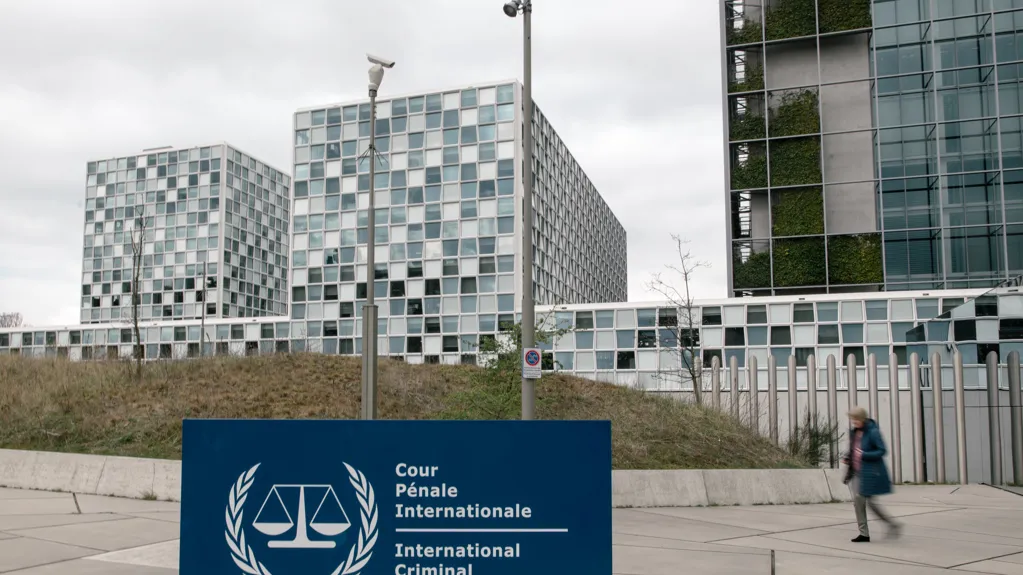An executive order by President Trump seeking to punish people who work with the International Criminal Court is most likely a violation of the First Amendment, a federal judge found on Friday.
Judge Nancy Torresen of the Federal District Court in Maine shielded two U.S. human rights activists from any penalties for violating the directive, saying that by threatening to punish anyone who provides "funds, goods or services" to I.C.C. officials under sanctions, the order restricts a swath of speech-based activity that goes beyond its stated aims.
The ruling marked a striking, if tentative and limited, blow to Mr. Trump's efforts to penalize and isolate the world's highest criminal court. It has drawn his ire by issuing arrest warrants for high-ranking Israeli officials and conducting preliminary investigations into U.S. personnel at secret C.I.A. sites overseas years ago. The court, in turn, has said Mr. Trump is trying to harm its "independent and impartial judicial work."
The stated focus of Mr. Trump's executive order is what it characterizes as the court's "baseless actions targeting America and our close ally Israel" and the potential arrest of "current and former United States personnel." But those objectives, the judge found, have little to do with the work performed by the two plaintiffs, Matthew Smith and Akila Radhakrishnan, who have assisted the court's Office of the Prosecutor with investigations in Bangladesh, Myanmar and Afghanistan. Because of the executive order, lawyers with the American Civil Liberties Union told the court, Mr. Smith and Ms. Radhakrishnan had suspended their work with the court.
The United States is not part of the treaty that founded the court, which is based at The Hague. It prosecutes individuals for war crimes and atrocities. An older court at The Hague, the International Court of Justice, issues opinions on broader issues between nations, such as climate change.
Judge Torresen, who was appointed by President Barack Obama, paused the enforcement of the order while she considers the case, but only for the two plaintiffs. When Mr. Smith and Ms. Radhakrishnan filed their lawsuit in April, they sought the sweeping relief known as a nationwide injunction that would have blocked the president's order across the country. Judge Torresen's decision appeared to reflect a June ruling by the Supreme Court that curtailed such injunctions.
The Trump administration has used the executive order to impose sanctions on four I.C.C. judges; the court's embattled prosecutor, Karim Khan; and Francesca Albanese, a special rapporteur for the United Nations who has worked with the court in its investigation of Israel's war in Gaza. Last year, the court issued arrest warrants for Benjamin Netanyahu, the Israeli prime minister, as well as the country's former defense minister and three Hamas officials.
Secretary of State Marco Rubio said Ms. Albanese was assisting the I.C.C. with "campaigns of political and economic warfare, which threaten our national interests and sovereignty." Ms. Albanese called the sanctions against her "mafia techniques of intimidation" in a recent phone interview with The New York Times.
